We need messaging to acknowledge the mistakes of the past and let them know what has been introduced to make sure nothing like that happens in the future. — Participant, Stage 3C
Clinical trials are a last resort. I always looked at it as the last resort like… nothing else is working, that at that point you really wouldn’t have anything to lose so you might as well do a clinical trial. — Participant, Stage 4
I’ll be an experiment or a guinea pig. And as far as being a guinea pig and trying something new before they’ve tested it. It’s an experiment to me and I don’t want to be a part of an experiment. — Participant, high-risk group
I’ll get the sugar pill and die. But you always get scared. Are you getting the real thing or the sugar pill? And then you don’t know until it’s over that you didn’t get [a real drug]. — Participant, Stage 4 If you do a trial, you’ll get the sugar pill and die! — Participant, Stage 4
I never thought to ask… one wasn’t offered, and I never asked. — Participant, Stage 2A
They really don’t trust the science and they see a lot of pharmaceutical companies making a lot of money and not coming down to the communities unless they are doing some kind of trial.. they’re just experimenting on us for our information. And then they’re just going to make money from it, sell it to other people to make more money. — Participant, Stage 2 BRCA+ I think we should get recognition, and they shouldn’t try to just take our information. I don’t like the fact that they take our information, and we don’t know if it helps somebody. We don’t get recognition for what we’ve done or compensated for what we’ve done. I just feel like it’s wrong. — Participant, Stage 4
Elevate Black voices.
Acknowledge the past.
Keep it simple.
Ask patients directly why they are hesitant.
Understand that it’s a family affair.
Timing is everything.
Give us a why.
It makes you think beyond just yourself, but the value that you’re participating in a clinical trial could give to generations in the future. It speaks to legacy… Your participation could be far-reaching. — Participant, Stage 2-3
A picture is worth a thousand words.
Show a diverse representation of Black women (different shades, hairstyles, ages, etc.).
Try to stay away from heavily used stock imagery of Black women either looking upset in hospitals or looking unrealistically happy.




